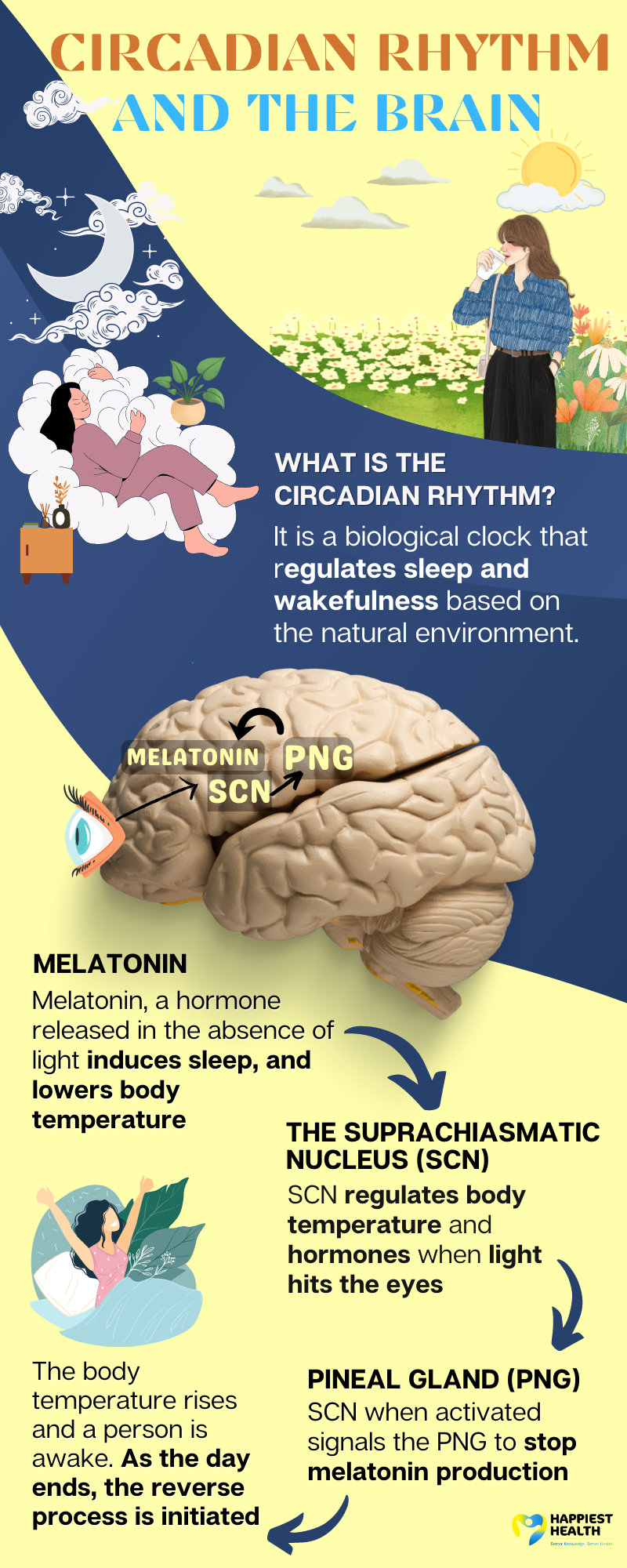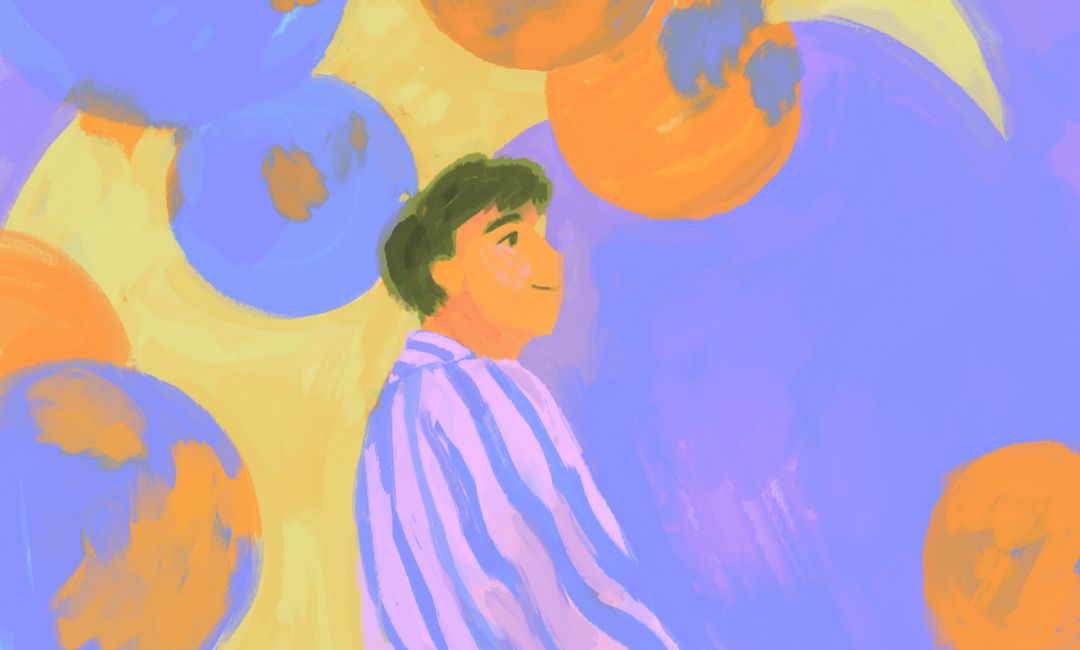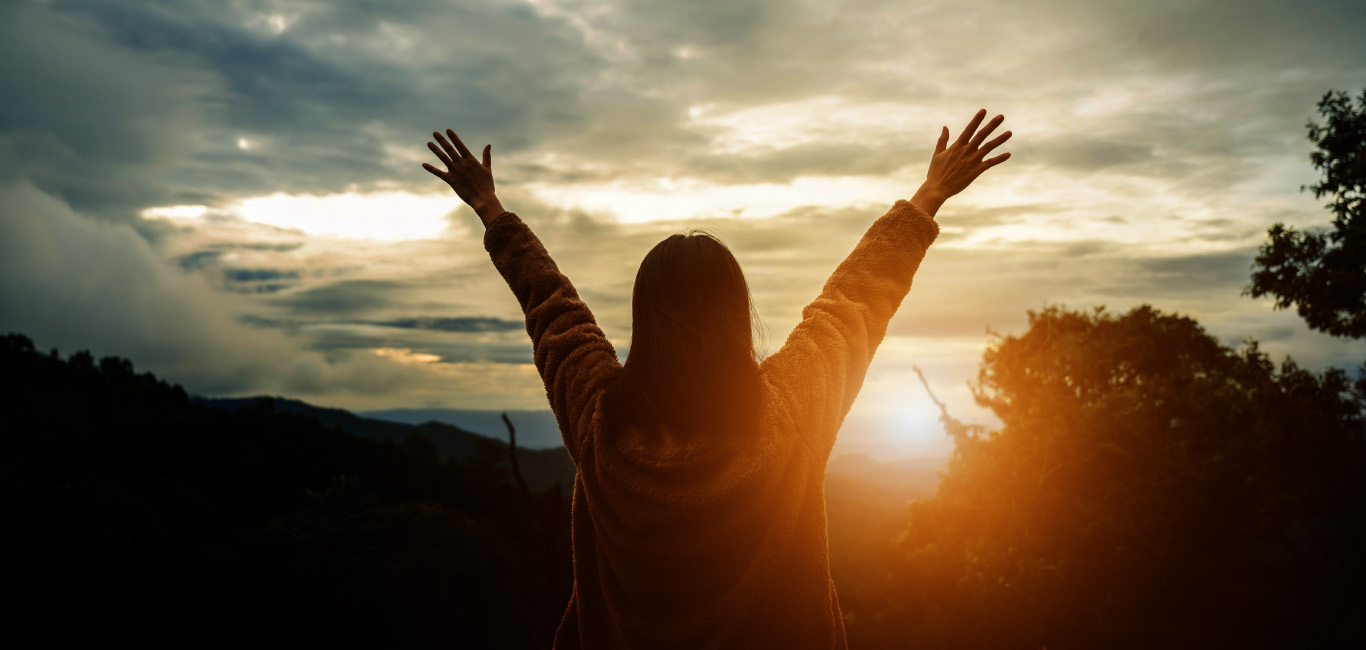Clocks are ubiquitous in our lives, and the oldest clock in human history is the one we function on — the circadian rhythm. The effect of the circadian rhythm is anchored on the visual perception of white light from the sun that triggers a sequence of events.
Have you wondered why we wake up fresher in the morning? Or why a sleepless night can derail us? Disturbances in this pathway are what affect our sleep cycle and energy levels due to late night hours in front of the screen, and our energy levels during the day.
As many studies state, morning light is essential to keep mental and physical health on its toes. The small region called the suprachiasmatic nucleus regulates hormones like melatonin and cortisol which balance the sleep-wake cycle in our body.
The infographic illustrates the sequence of events that occur in the brain that mediates the circadian rhythm in response to light.

Read more: It takes two brain networks to read words and sentences
Read more: The fascinating symphony of neurotransmitters


















2 Responses
This makes a lot more sense now as to why staring at the light from one’s phone can induce a sense of feeling awake…. And people fall asleep eventually I suppose when the body gets tired and exhausted.but how do we combat long hours of the day in that sense where in some countries the sun rises early and sets late some months of the day?
Interesting yet concise article on the impact of the phone and light on our sleep cycle.
Very helpful graphics as well…
Dear Sriram Varadarajan,
Thank you for the feedback. We are glad you found the article useful.
We look forward to your continued patronage.